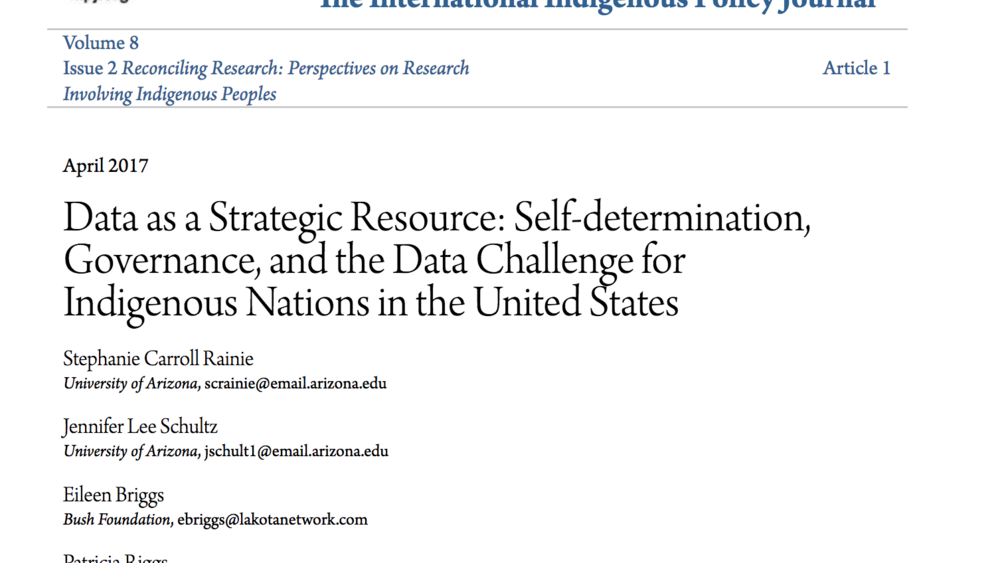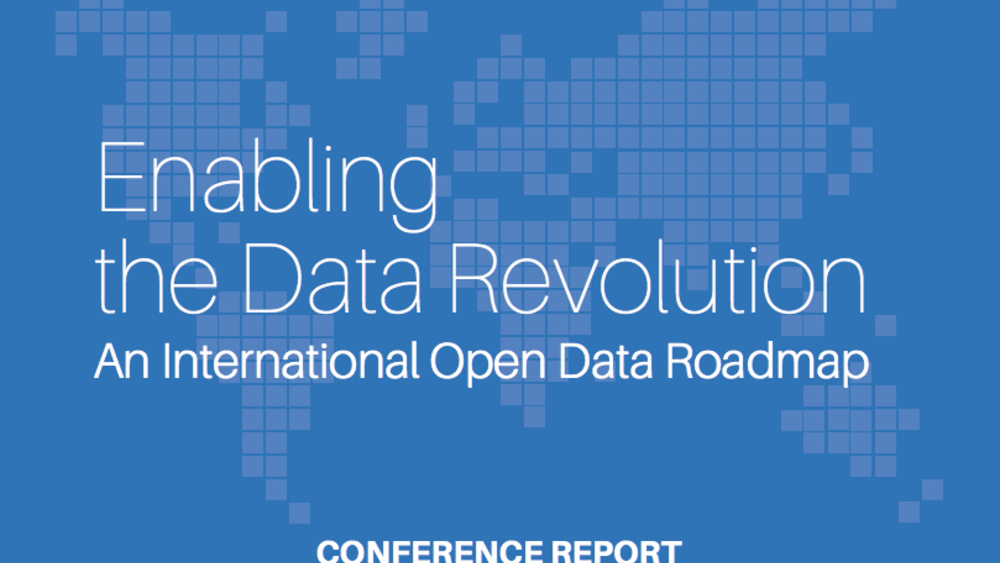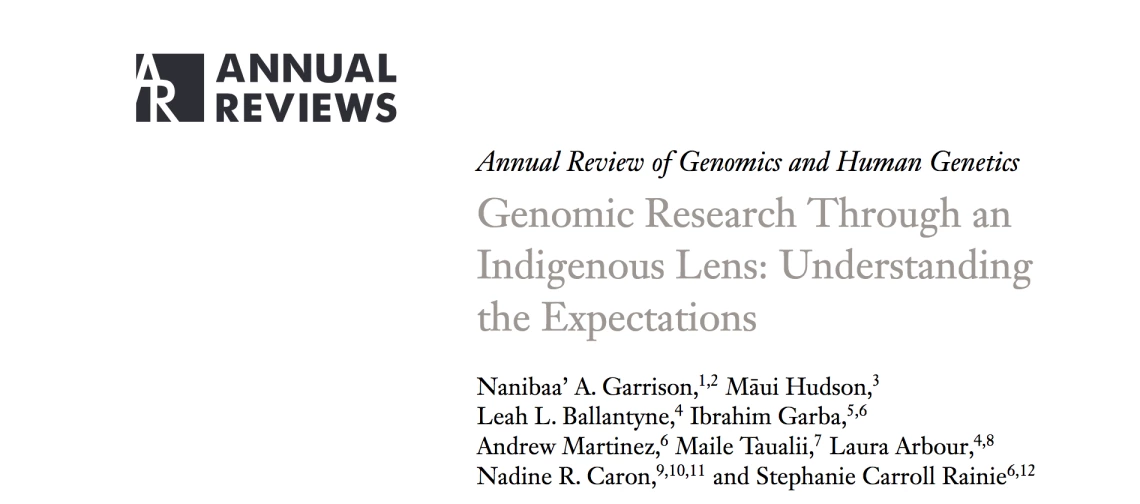Indigenous scholars are leading initiatives to improve access to genetic and genomic research and health care based on their unique cultural contexts and within sovereign-based governance models created and accepted by their peoples. In the past, Indigenous peoples’ engagement with genomic research was hampered by a lack of standardized guidelines and institutional partnerships, resulting in group harms. This article provides a comparative analysis of research guidelines from Canada, New Zealand, Australia, and the United States that pertain to Indigenous peoples. The goals of the analysis are to identify areas that need attention, support Indigenous-led governance, and promote the development of a model research policy framework for genomic research and health care that has international relevance for Indigenous peoples.
Indigenous Governance Database
Genomic Research Through an Indigenous Lens: Understanding the Expectations
Related Resources

Data as a Strategic Resource: Self-determination, Governance , and the Data Challenge for Indigenous Nations in the United States
Data about Indigenous populations in the United States are inconsistent and irrelevant. Federal and state governments and researchers direct most collection, analysis, and use of data about U.S. Indigenous populations. Indigenous Peoples’ justified mistrust further complicates the collection and…

Eileen Briggs: The Importance of Data and Community Engagement
Eileen Briggs is a citizen of the Cheyenne River Sioux Tribe and is the Executive Director of Cheyenne River Sioux Tribal Ventures. She is also the Principal Investigator on "Cheyenne River Voices Research" — a reservation-wide research project including a household survey of over…

Enabling the Data Revolution: An International Open Data Roadmap
Open data in the context of indigenous peoples and communities can be understood as a double-edged sword. On the one hand, open data can help indigenous communities, both internally and externally. Internally, it can be used to inform policy, allocate resources, and set a vision for indigenous…

